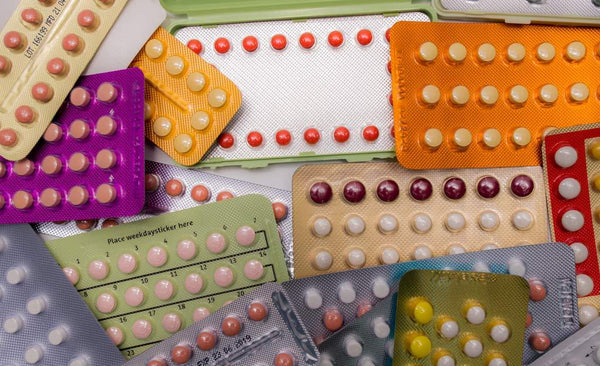Your Health Post Hysterectomy
Are you struggling to understand your body after a hysterectomy?
A hysterectomy is a common gynaecological surgery performed these days. Unfortunately, the facts about this procedure aren't always clearly communicated.
A hysterectomy involves the removal of the female reproductive organs, and many women simply don't understand the consequences that this can have on their health. Yes, it can be quite a relief when your monthly periods finally end; however, the implications of such an abrupt change can deeply affect your overall health.
Before you decide to have a hysterectomy, it’s important to know how your body will change after the procedure. While some women don’t have health issues during or after the surgery, there are some common risks associated with the procedure itself. These may include:
- Injury to nearby organs
- Anaesthesia complications
- Blood clots in the legs or lungs
- Infection
- Heavy bleeding
- Weight gain
- Early menopause (if the ovaries are removed)
- Pain during sexual intercourse
- Incontinence
Will I start menopause after the hysterectomy?
Menopause occurs when the ovaries stop producing estrogen and progesterone, the two hormones which regulate menstruation. Unless the ovaries are removed during hysterectomy due to a medical reason, you likely won’t enter early menopause. While most women don’t experience early menopause after a hysterectomy, some women may, even if they keep one or both ovaries. If your ovaries are removed and you were premenopausal, you’ll likely go into abrupt menopause. Hot flushes, night sweats, and other symptoms may result.
Will I still enjoy sex after a hysterectomy?
Women often report no changes to sexual activity after a hysterectomy. This is likely because the procedure relieved pain or heavy bleeding. Quite possibly, it's also because they don’t have to worry about an unwanted pregnancy anymore. However, some women who also have their cervix removed may experience a drop in testosterone, possible sexual dysfunction, or a dry vagina due to a drop in oestrogen levels.
If the ovaries are removed and you go into menopause, some of the symptoms may impact your sex life. Sexual side effects of menopause can include:
- vaginal dryness
- pain during sex
- decreased sex drive

Are there any emotional side effects to a hysterectomy?
The uterus is a crucial organ for pregnancy. Removing it means that you won’t be able to get pregnant, which can be a hard adjustment for some. You’ll also stop menstruating after having a hysterectomy. For some, this is a huge relief. But for others, it can create a sense of loss.
Pregnancy and menstruation are crucial aspects of femininity – they are what make us different from men.
Losing the capacity for both in a single procedure can be difficult for some women. Even if you’re excited by the prospect of not having to worry about pregnancy or menstruation, conflicting feelings can surface after the procedure.
Summary
A hysterectomy is a personal choice depending on the individual circumstances that have occurred to the uterus and possibly the ovaries.
We encourage women to work with their healthcare practitioner to avoid hysterectomy whenever possible. Once any or all of the reproductive organs are removed, the underlying endocrine dysfunction which was the reason why you probably needed the hysterectomy will still persist.
Ideally, working with diet, lifestyle and natural options to assist in regulating and improving hormonal balance is the key. Prevention is always better than cure. A combination of Happy Hormones, Happy DIM and Happy Liver can be pivotal in changing the outcome for many women.





















